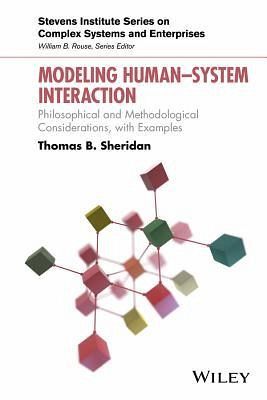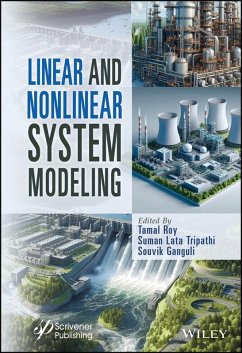
Modeling Human-System Interaction
Philosophical and Methodological Considerations, with Examples
Versandkostenfrei!
Versandfertig in über 4 Wochen
112,99 €
inkl. MwSt.
Weitere Ausgaben:

PAYBACK Punkte
56 °P sammeln!
This book presents theories and models to examine how humans interact with complex automated systems, including both empirical and theoretical methods . This book provides an overview of the reasons for modeling in the human-technology system, including the various pitfalls and difficulties. Scientific modeling has become a critical part of research and design. This is especially true in systems where humans and technology interact, where cognitive and physical variables come together. The book discusses models and tradeoffs for large-scale societal systems. Other topics the book covers includ...
This book presents theories and models to examine how humans interact with complex automated systems, including both empirical and theoretical methods . This book provides an overview of the reasons for modeling in the human-technology system, including the various pitfalls and difficulties. Scientific modeling has become a critical part of research and design. This is especially true in systems where humans and technology interact, where cognitive and physical variables come together. The book discusses models and tradeoffs for large-scale societal systems. Other topics the book covers include the considerations in rational modeling in any field of science or engineering, the various forms of representation that a model can take, and the most important elements of the model, with references cited for further reading. The authors identify several categories of major societal issues, particularly with respect to analyzing trade-off relationships. In addition, this book: * Provides examples of models appropriate to the four stages of human-system interaction * Examines in detail the philosophical underpinnings and assumptions of modeling * Discusses how a model fits into "doing science" and the considerations in garnering evidence and arriving at beliefs for the modeled phenomena Modeling Human-System Interaction is a reference for professionals in industry, academia, and government who are researching, designing, and implementing human-technology systems in transportation, communication, manufacturing, energy, and health care sectors.













